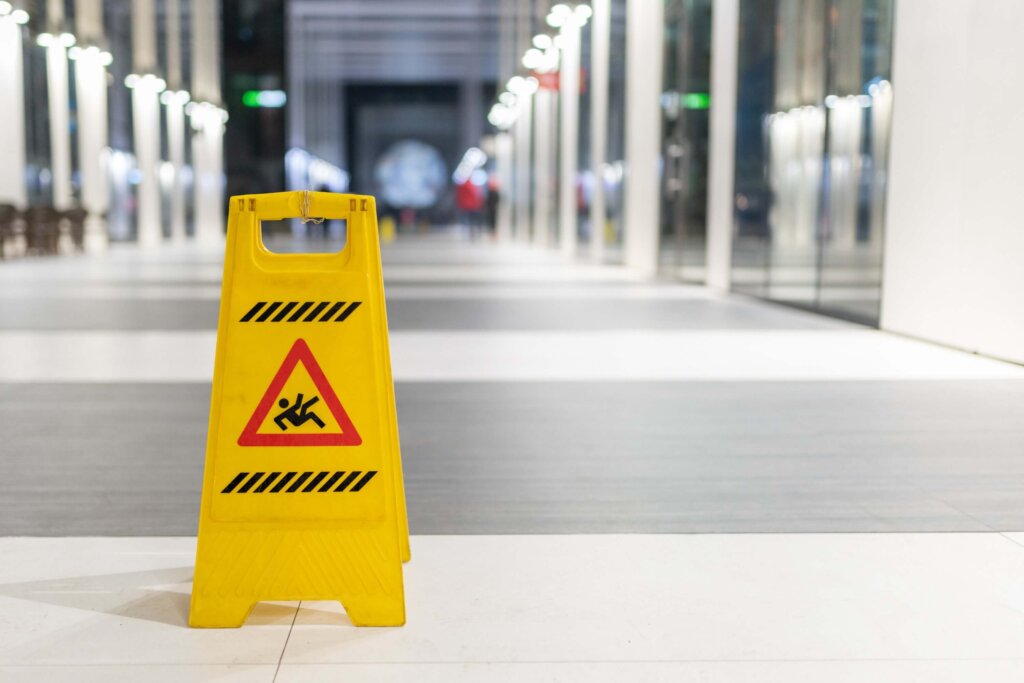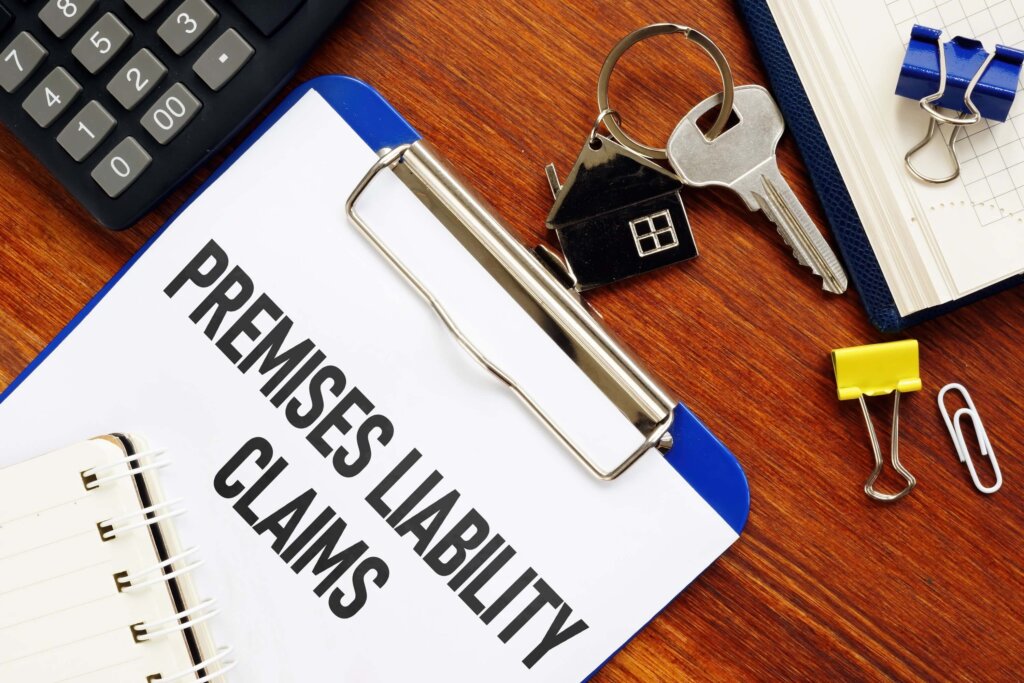Premises liability is a crucial aspect of personal injury law in Florida, holding property owners accountable for accidents and injuries occurring on their properties. This legal principle is especially important in ensuring that public and private spaces are maintained safely for everyone. Whether it’s a slip and fall in a grocery store or an injury at a private residence, understanding the nuances of liability is essential for both property owners and injured parties.
In Florida, the statute of limitations on premises liability is four years from the date of the accident. This timeframe highlights the necessity of timely action to ensure a valid claim. During this period, injured parties must file their lawsuit to seek compensation for damages such as medical expenses, lost wages, and pain and suffering.
Knowing the time limit to act can empower victims and their families to take the necessary legal steps without unnecessary delay. Navigating the complexities of premises liability claims may seem daunting, but staying informed about these legal deadlines can be the first step toward resolution and recovery.

Understanding the Florida Premises Liability Statute of Limitations
Premises liability in Florida is a legal concept where property owners can be held responsible for injuries or damages that occur on their property. This responsibility varies based on the visitor’s status and the condition of the property.
Time Limit for Premises Liability Claims in Florida
Premises liability refers to a legal duty, where property owners or occupiers must maintain a safe environment for visitors. This obligation depends on the classification of the visitor: invitee, licensee, or trespasser.
Invitees, such as customers, are owed the highest duty of care, requiring property owners to regularly inspect for hazards. Licensees, like social guests, should be warned of known dangers. Trespassers, on the other hand, are owed the least duty, requiring only the avoidance of intentional harm.
The scope involves various elements, including regular property maintenance, hazard removal, and providing warnings for potential dangers. Failure to meet these obligations can result in liability for accidents or injuries occurring on the property.
Common Types of Claims
Premises liability claims encompass numerous situations. Slip and fall incidents often arise due to wet floors, uneven surfaces, or lack of warning signs. Additionally, claims may involve inadequate security, leading to assaults or thefts on the property, especially in places like parking lots or apartment complexes.
Poor lighting, defective staircases, and broken handrails can also lead to claims, as these conditions pose safety risks. Animal attacks, such as dog bites, are another type of claim if the pet owner fails to secure their animal properly. Each of these claims hinges on the owner’s duty to maintain a safe environment for visitors.
Statute of Limitations Overview
In Florida, the statute of limitations for premises liability cases dictates the time frame within which a claim must be filed. Specific conditions and exceptions can influence these time limits, impacting a person’s ability to seek legal recourse in property-related injury cases.
Basic Time Limits
Florida’s statute of limitations for premises liability is typically four years from the date of the incident. This time frame is crucial for individuals seeking to file a lawsuit for injuries sustained due to unsafe conditions on someone else’s property. Failure to initiate legal proceedings within this period generally results in being barred from pursuing a claim.
The purpose of this time limit is to ensure evidence remains fresh and witnesses are available. An expired statute of limitations can negate the possibility of compensation, regardless of the merits of the case.
Exceptions and Special Circumstances to Premises Liability Law in Florida
Certain situations can extend or alter the standard four-year limitation. For instance, if the injured party is a minor, the statute of limitations might be paused until they reach legal age. Similarly, cases involving fraudulent concealment by the property owner could toll, or delay, the statute.
Moreover, situations where the injured party is mentally incapacitated may result in extensions. Legal advice should be sought to navigate these complexities and ensure compliance with the applicable laws. It is paramount to understand these exceptions as they significantly impact the timing of legal actions.

Filing a Premises Liability Claim
Filing a premises liability claim in Florida involves specific steps and can be complex. Legal representation often plays a critical role in ensuring rightful compensation.
Process and Procedures
Initiating a premises liability claim requires gathering essential evidence. This includes photographs, witness statements, and medical records. The injured party should also report the incident to the property owner promptly. Proper documentation supports the claim and strengthens the case.
In Florida, the statute of limitations for filing a claim is typically four years from the date of the incident. Failing to meet this deadline can lead to the loss of the right to seek compensation. It’s beneficial to act quickly to preserve evidence and meet all legal requirements.
The Role of Legal Representation
Legal representation can be highly beneficial in premises liability cases. Larry Moskowitz has the expertise to navigate the complexities of Florida’s laws. He helps clients understand their rights and potential outcomes.
Larry Moskowitz can negotiate with insurance companies and seek fair compensation for injuries, lost wages, and other damages. Hiring a lawyer may also improve the chances of a successful claim, particularly in contentious cases involving disputed liability or significant injuries.
Consequences and Considerations
Recognizing the statute of limitations in Florida for premises liability cases is crucial to safeguarding rights. Timely initiation of claims and careful record-keeping are vital for both property owners and victims.
Impacts of Missing the Deadline
Failure to file a premises liability claim within the legal timeframe can have significant repercussions. The statute of limitations in Florida typically dictates that a claimant must file a lawsuit within four years from the date of the accident. Missing this deadline generally results in the loss of the right to sue, leaving the victim unable to recover damages for medical expenses or other losses. It’s a final barrier that, once crossed, leaves little recourse. Both plaintiffs and their legal representatives must be vigilant about this constraint to ensure they preserve legal standing.
Consulting with legal counsel early in the process can enhance understanding of deadlines and legal requirements. Contact Larry Moskowitz right away.